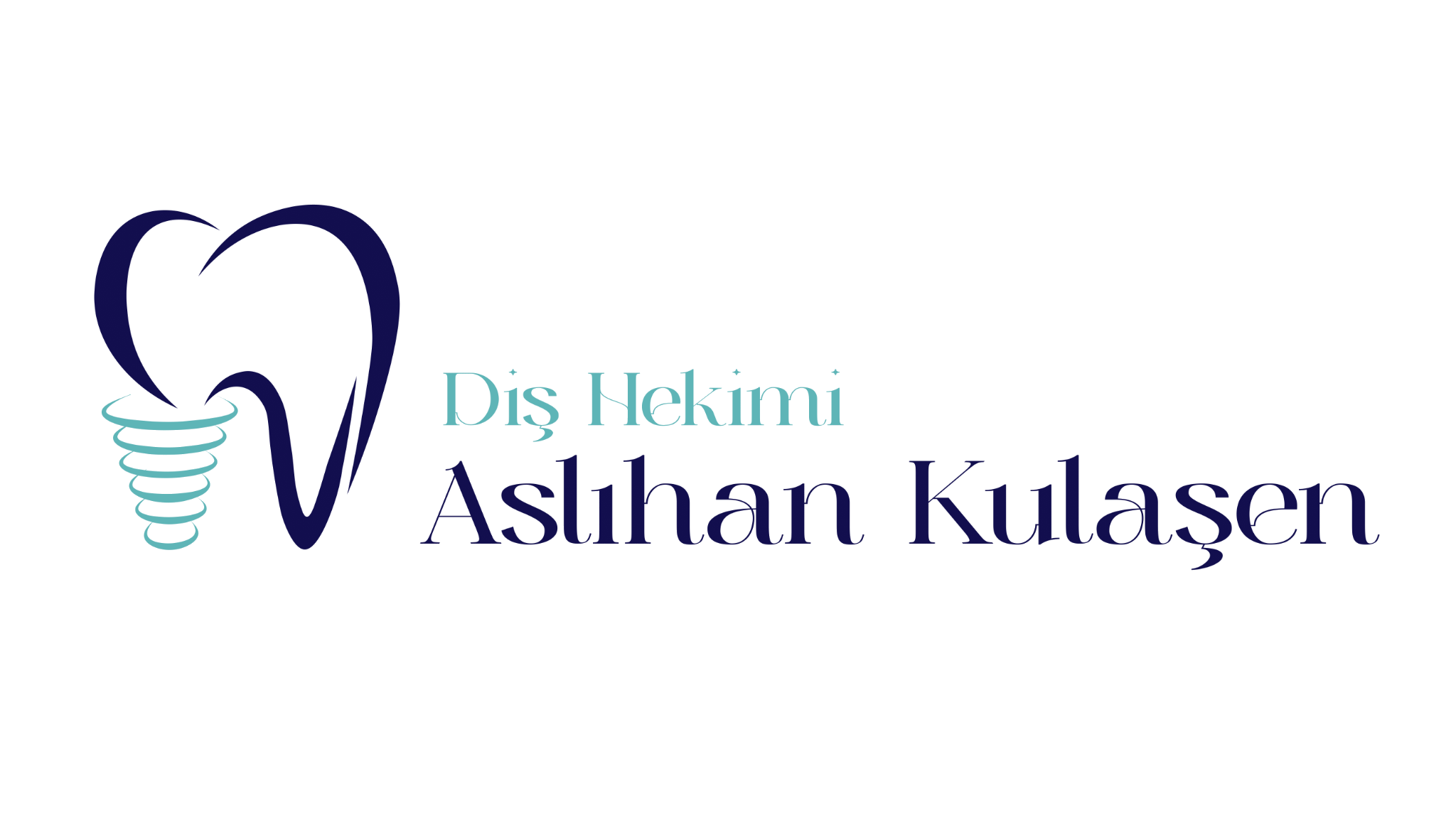Bruxism - Teeth Grinding
Bruxism can occur either while sleeping or when awake. Often, individuals are unaware that they are grinding or clenching their teeth, as they may only be informed by those around them. Upon waking up, they may experience fatigue, pain in the face, ears, and neck area; in more advanced stages, they may also face difficulties opening the jaw, jaw locking, loose or broken teeth, or sounds emanating from the temporomandibular joint (TMJ) when opening the mouth.
What Causes Bruxism?
The pressure applied by the jaw muscles to the teeth in bruxism is considerably higher than the normal chewing pressure. As a result, over time, individuals may experience:
- Tooth wear and fractures
- Jawbone and joint damage
- Shortening of the chewing muscles
- Misalignment or thinning of the joint disc
- Joint sounds, pain, limited mouth opening, or jaw locking in severe cases
Stress is the most significant factor that contributes to the onset and worsening of bruxism. Other contributing factors include:
- Personality traits and genetic predisposition
- Use of certain medications
- Neurological or psychological issues
- Sleep disorders
- Excessive use of tobacco, alcohol, or caffeine
- Improper dental prostheses
- Missing or decayed teeth
- Occlusal (bite) disorders
Bruxism Treatment
Treatment for bruxism varies depending on its cause, severity, and the individual's symptoms. Common treatment methods include:
- Splints (Night Guards): Custom-made based on individual measurements, these devices help protect the teeth from grinding during sleep.
- Medication Therapy: NSAIDs for pain relief and muscle relaxants to ease jaw tension are used, especially during the acute phase.
- Botox: Botulinum toxin injections can be applied to overactive chewing muscles when splints are insufficient. Repeat doses are required for long-term results.
- Cause-specific Treatment: This may include psychological therapy, speech therapy, sleep apnea treatment, replacement of missing teeth, and correction of occlusal disorders.
Why Early Diagnosis Matters
Since bruxism can lead to serious long-term complications, it is crucial to diagnose the condition early and begin the appropriate treatment. Tailored therapy ensures both functional relief and the protection of oral health in the long run.
